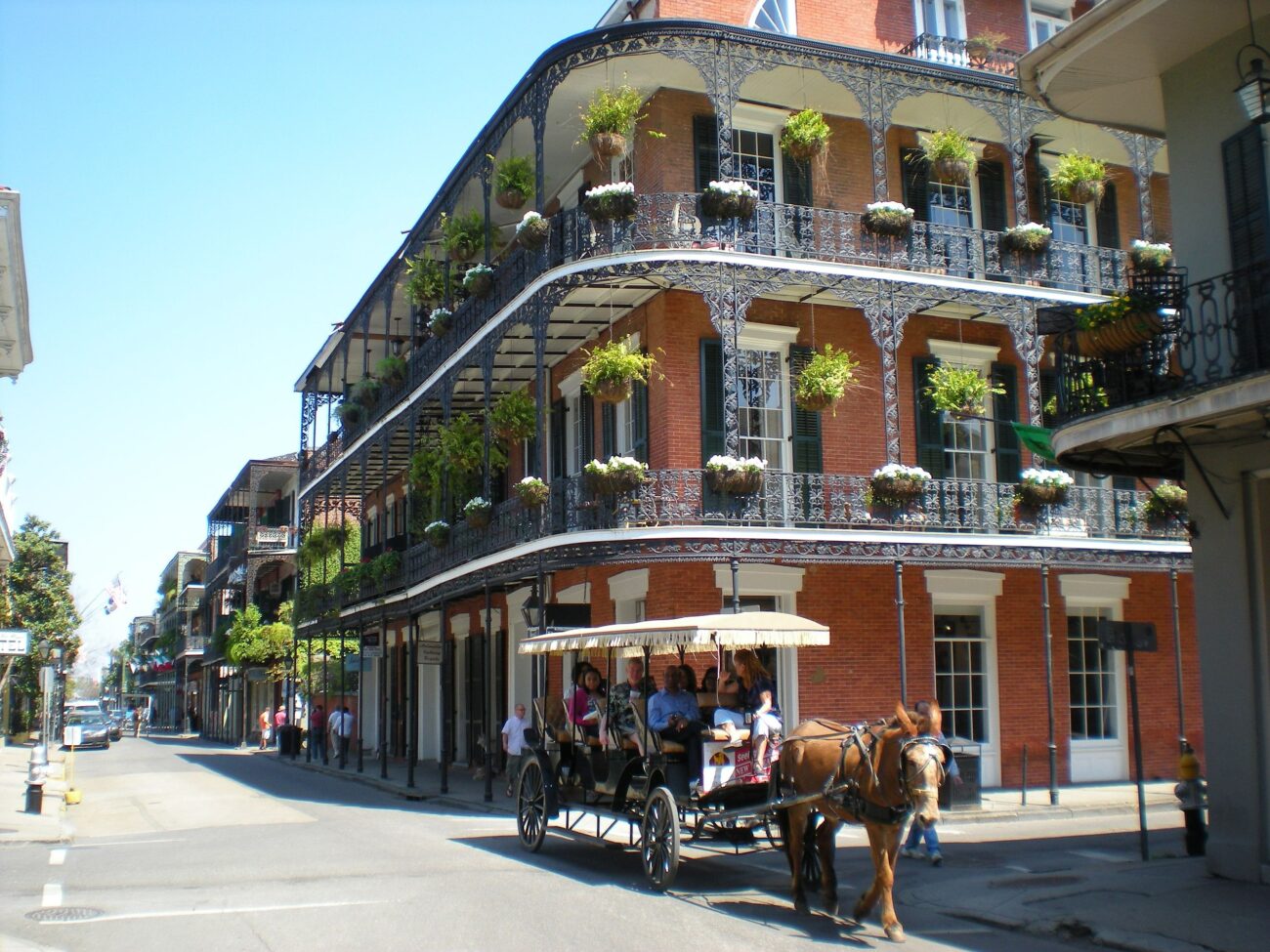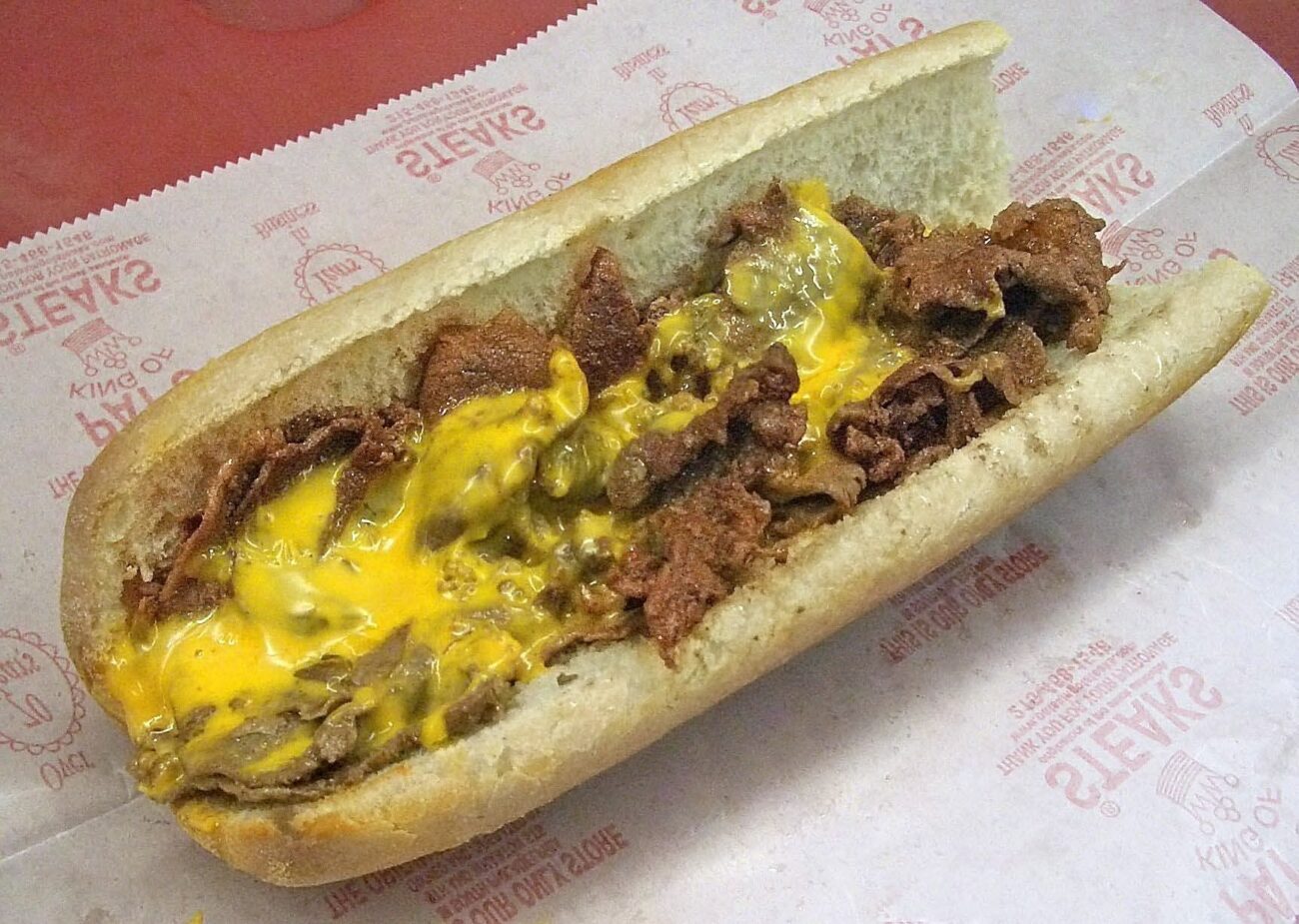When you’re piloting 80,000 pounds of steel across America’s highways, coffee choices become matters of survival. A new survey of over 220 professional truck drivers reveals which caffeine sources actually keep the country’s freight moving—and the results challenge assumptions about highway coffee culture.
Classic truck stop coffee dominates the preferences of America’s most experienced highway travelers, outranking corporate giants like Starbucks and McDonald’s by substantial margins.
The Truck Stop Trinity: Coffee Choices That Keep America Moving
Professional drivers prioritize consistency and accessibility over trendy brands.
According to the JW Surety Bonds 2025 survey, traditional truck stop brews claim the top spot among professional drivers nationwide. McDonald’s McCafé lands in second place, while Starbucks rounds out third. This pattern reflects truckers’ focus on reliability over prestige—these drivers need caffeine that works, not coffee that impresses.
The preference makes practical sense. Truck stops offer 24-hour access, familiar quality, and locations designed for large vehicle navigation. Unlike drive-thru chains that cater to commuter schedules, truck stops understand the round-the-clock nature of freight transport.
Their caffeine consumption backs up this serious approach to staying alert. Sixty-six percent report moderate daily intake between 201-400 milligrams, while 22 percent consume 401-600 milligrams daily. That’s equivalent to four to five cups of regular coffee—levels that would leave casual drinkers jittery but represent professional-grade alertness management.
Beyond Caffeine: What Highway Veterans Really Want
Smart snacking and nutrition awareness drive truckers toward healthier convenience options.
The survey reveals truckers spend over $3,200 annually on snacks and drinks, with some drivers reporting weekly expenditures exceeding $100. Fresh fruit tops their snack preferences, followed by protein bars and traditional road favorites like comfort food.
“Food plays a critical role in managing fatigue, stress, and performance for long-haul drivers,” explains Eric Weisbrot from JW Surety Bonds. Despite heavy caffeine reliance, 79 percent of surveyed drivers still report feeling tired after consuming coffee or energy drinks—highlighting that stimulants alone can’t substitute for proper nutrition and rest.
The health consciousness extends beyond current choices. Ninety-three percent express interest in healthy snack subscriptions if offered at truck stops, with Gen Z drivers showing 97 percent interest. Over half would pay up to $50 monthly for convenient healthy options, signaling a market ready for better roadside nutrition.
This expertise translates directly to civilian highway travel. These drivers understand what actually maintains alertness during long drives, making their preferences valuable intelligence for anyone facing extended road time.


















